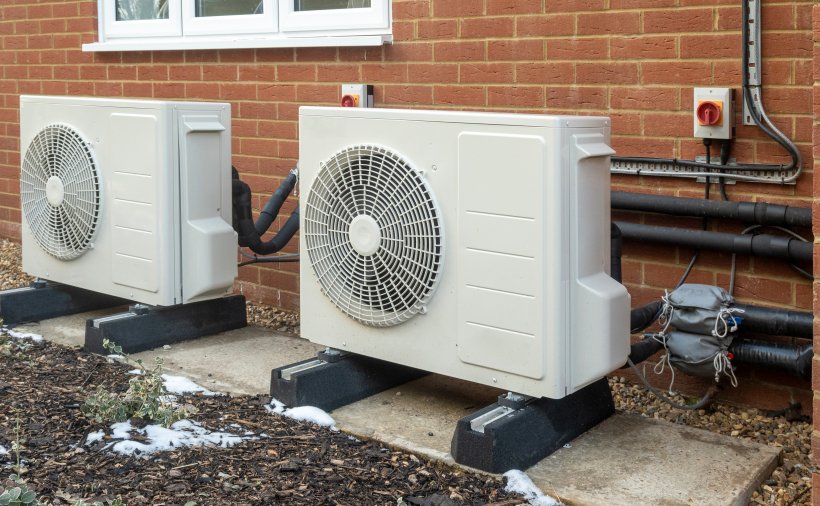Heat pump manufacturers are at the forefront of developing innovative and sustainable heating solutions that are transforming how homes and businesses approach climate control. As the global focus shifts towards reducing carbon emissions and enhancing energy efficiency, heat pumps have emerged as a crucial technology in achieving these environmental goals. These devices, which transfer heat from one place to another using a refrigeration cycle, provide an environmentally friendly alternative to traditional heating systems like gas or oil furnaces. One of the most significant advantages of heat pumps is their efficiency. Unlike conventional heating systems that generate heat through combustion, heat pumps move existing heat from the air, ground, or water into buildings, making them highly energy-efficient. This process can deliver up to three times more heat energy than the electrical energy consumed, significantly reducing the amount of electricity required for heating. This efficiency translates into lower energy bills and a smaller carbon footprint, aligning with global efforts to combat climate change.

The advancement in heat pump technology has been remarkable in recent years. Manufacturers are continually developing new models that offer improved performance and adaptability to different environmental conditions. For instance, modern heat pumps can operate efficiently in extremely cold climates, thanks to innovations like variable-speed compressors and advanced refrigerants that enhance heat transfer even at low temperatures. These advancements ensure that heat pumps are not only viable for temperate regions but also for areas with harsher winters. In addition to technological improvements, heat pump manufacturers are increasingly focusing on integrating their products with renewable energy sources. Many modern systems can be paired with solar panels or other renewable energy technologies, further reducing reliance on fossil fuels and enhancing sustainability. This integration allows homeowners and businesses to generate their own clean energy and use it to power their heat pumps, creating a more self-sufficient and eco-friendly energy system.
The benefits of heat pumps extend beyond energy efficiency and environmental impact. They also contribute to improved indoor air quality and comfort. Unlike traditional heating systems that can dry out the air, heat pumps provide consistent and even heating without compromising humidity levels. This can lead to a more comfortable indoor environment and reduce issues like dry skin or respiratory problems associated with dry air. Furthermore, many heat pumps offer cooling functions as well, providing year-round climate control with a single system. As the demand for sustainable solutions grows, heat pump manufacturers are also exploring ways to make these systems more accessible and affordable. Innovations in manufacturing processes and materials are helping to lower production costs, which can be passed on to consumers. Additionally, various governments and organizations are offering incentives and rebates for installing heat pumps, further promoting their adoption. Overall, heat pump manufacturers are playing a pivotal role in advancing sustainable heating solutions and view the page www.jnodenergy.com. Their commitment to technological innovation, integration with renewable energy sources, and focus on improving accessibility underscores their dedication to creating more energy-efficient and environmentally friendly systems.